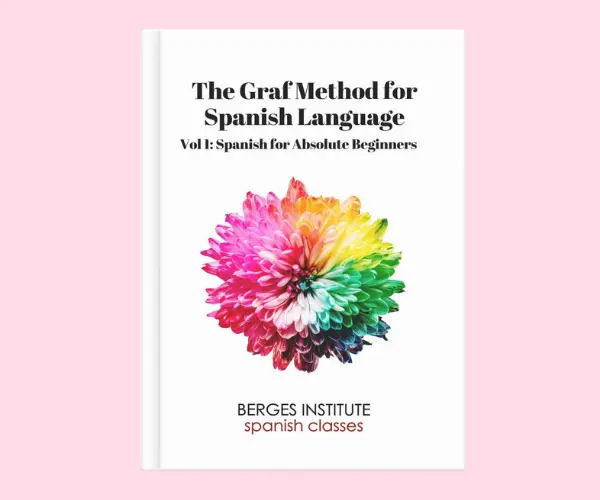(intransitive) to be
Quedo contento con el coche. ― I am pleased with the car.
(intransitive) to be situated; to be located (used with only static objects, such as buildings)
Queda muy lejos. ― It is too far.
Queda por allí. ― It's over there.
(intransitive) to be left; to remain
¿Queda un poco de pastel? ― Is there a little pie left?
Queda mucho por hacer. ― There's a lot left to do.
(intransitive) to fit, to suit (clothes)
No me queda bien este gorro ― This hat doesn't fit me.
(intransitive) to turn out, e.g. well or poorly
quedar bien; quedar malturn out well; turn out badly
(intransitive) to agree; to arrange
quedar en ― to agree on/to
(intransitive) to agree on
quedar en hacer algo ― agree on doing something
(intransitive) to meet up (for drinks)
quedamos con Daniel. ― we're meeting up with Daniel.
(reflexive) to stay; to remain, to stick
quedarse atrás ― stay behind, lag behind
¡quédate aquí! ― Stay here!
Me quedaré con el mismo dentista que siempre he tenido. ― I'll stick with the same dentist I've always had.
(reflexive) to continue; to keep on
quedarse con ― keep on going with
(reflexive) to keep, take
quedarse algo ― keep something
Me quedo con este. ― I'll take this one.
¿Puedo quedármelo? ― Can I keep it?
(takes a reflexive pronoun, colloquial) to play for a fool
quedarse con Anna ― play Anna for a fool
(reflexive) to turn out, become, go (usually used for negative, physical descriptions)
quedarse calvo ― go bald
quedarse ciego ― go blind
quedarse corto ― come out short
quedarse limpio ― go broke
